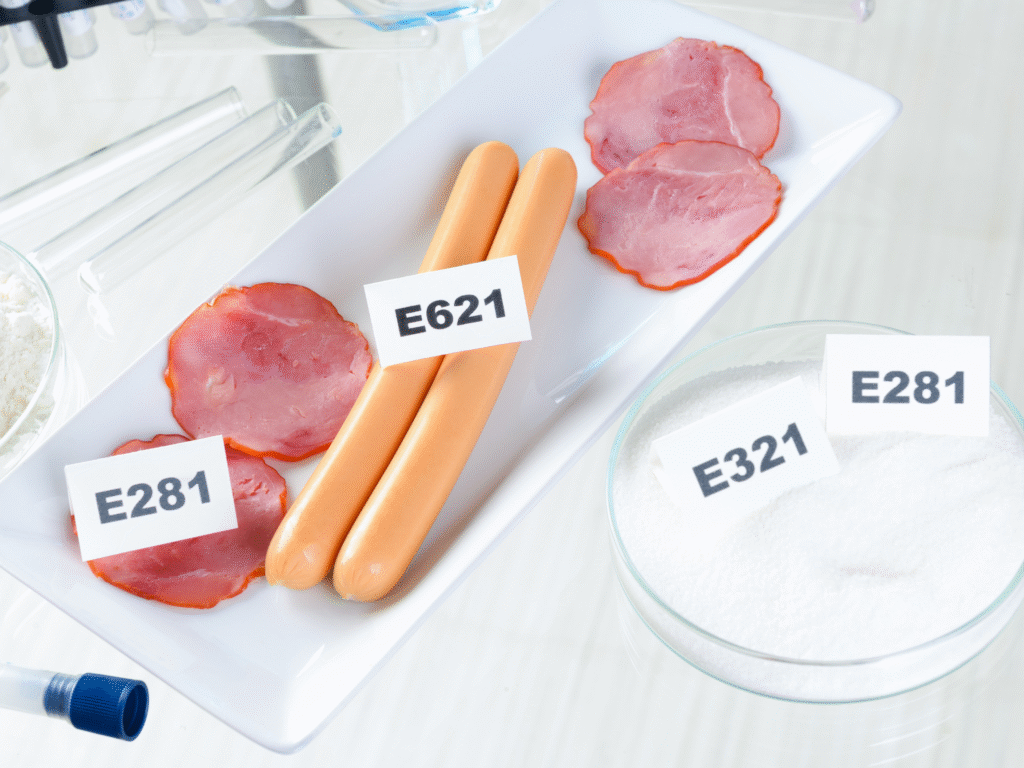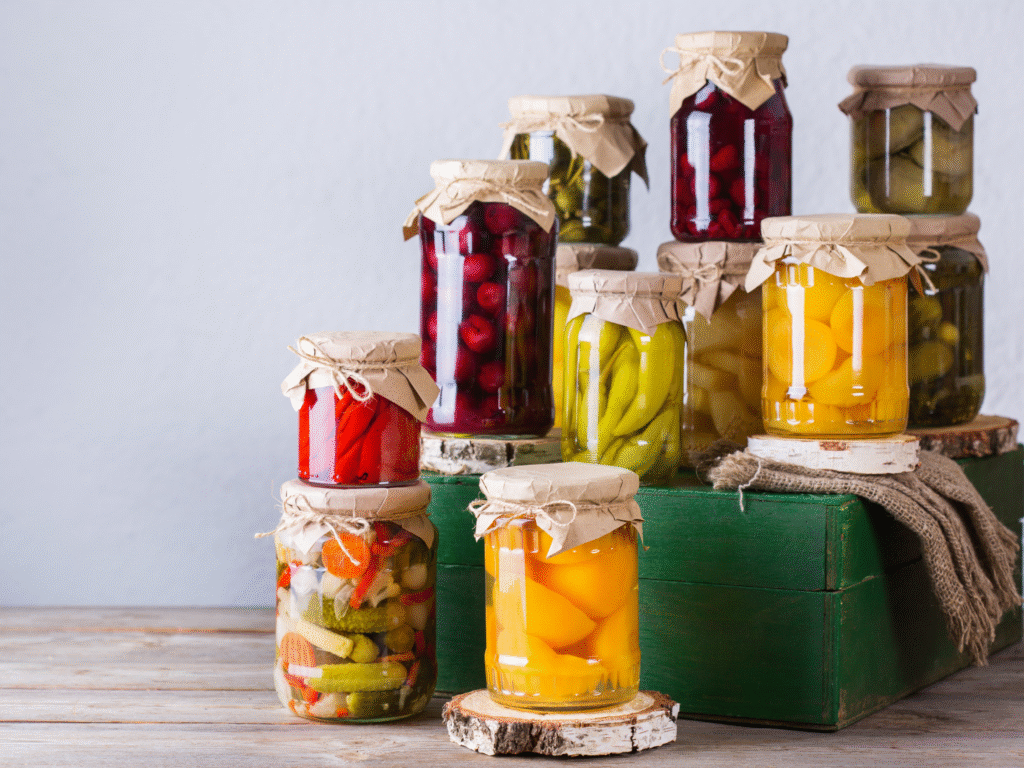Food preservatives play a vital role in the modern food industry, helping to keep products safe, fresh, and enjoyable for longer periods. Whether you’re a manufacturer, retailer, or simply a curious consumer, understanding food preservatives, their purpose, types, and benefits can shed light on how our food stays wholesome from production to your table.
In this article, we’ll explore why preservatives are added to food, how they work, and the balance between safety and quality that manufacturers must maintain.
What Are Food Preservatives?
Food preservatives are substances added to food products to prevent spoilage caused by microorganisms such as bacteria, molds, and yeasts. They also help delay oxidation, which can cause discoloration, off-flavors, and nutrient loss.
By inhibiting these natural processes, preservatives extend the shelf life of foods, reduce waste, and maintain nutritional and sensory qualities like taste, texture, and appearance.

Why Are Food Preservatives Important?
1. Preventing Food Spoilage and Waste
Spoiled food not only tastes bad but can also cause illness. Preservatives help slow down the growth of harmful bacteria and molds, reducing the risk of foodborne diseases.
In addition, preservatives help minimize food waste by extending product freshness. This benefit is crucial for both consumers and manufacturers seeking to reduce costs and environmental impact.
2. Enhancing Food Safety
Some foods are particularly susceptible to microbial contamination due to their moisture content or processing methods. Preservatives act as a protective barrier, ensuring that these foods remain safe to eat during transportation, storage, and retail display.
3. Maintaining Nutritional Quality
Oxidation can degrade vitamins and fats in foods, leading to nutrient loss and rancidity. Antioxidant preservatives help maintain the nutritional value of food by preventing these chemical changes.
4. Supporting Convenience and Availability
Preservatives allow for longer shelf life, enabling foods to be transported over long distances and stored for extended periods. This convenience supports global food distribution, making a wider variety of products available year-round.
Types of Food Preservatives
Food preservatives generally fall into two categories, natural and synthetic.
Natural Preservatives
These are derived from natural sources and have been used for centuries to preserve foods. Examples include:
- Salt and Sugar, both create environments that inhibit microbial growth by drawing out water.
- Vinegar (Acetic Acid), common in pickling, lowers pH to prevent bacterial growth.
- Rosemary Extract, a natural antioxidant that slows fat oxidation.
- Citric Acid helps preserve color and flavor, often used in beverages.
Synthetic Preservatives
These are chemically synthesized compounds approved for use by regulatory agencies. They are often more potent and stable than natural options. Examples include:
- Sodium Benzoate, prevents growth of yeast and bacteria in acidic foods.
- Potassium Sorbate, widely used to inhibit molds and yeasts.
- Sulfites, commonly added to dried fruits and wines to inhibit browning and extend shelf life.
- BHA and BHT, antioxidants commonly added to fats and oils to prevent oxidation and rancidity.
Are Food Preservatives Safe?
Regulatory bodies like the FDA and EFSA strictly evaluate food preservatives for safety. Approved preservatives have undergone extensive testing to ensure they do not pose significant health risks when consumed at recommended levels.
However, some consumers prefer to avoid synthetic preservatives due to concerns about allergies or sensitivities. This trend has led to increased interest in natural preservation methods and “clean-label” products.

How Food Preservatives Impact Product Quality
Beyond safety, preservatives help maintain the sensory qualities that make food enjoyable, flavor, color, texture.
Manufacturers must carefully balance the type and amount of preservatives to meet safety standards without compromising taste or consumer preferences.
The Role of a Reliable Food Additives Supplier
Sourcing high-quality food preservatives is essential for manufacturers aiming to produce safe, appealing products. A trusted supplier can provide ingredients that meet regulatory requirements and offer technical support for optimal formulation.
At M & U INTERNATIONAL, we supply a broad range of natural and synthetic preservatives designed to meet diverse production needs while maintaining product integrity and safety.
Understanding the purpose and types of food preservatives helps consumers appreciate the science behind food safety and quality. While preservatives play a crucial role in preventing spoilage, reducing waste, and maintaining nutrition, the choice between natural and synthetic options depends on product goals and consumer expectations.
Partnering with a knowledgeable supplier ensures manufacturers have access to safe, effective preservatives tailored to their unique needs, supporting innovation and trust in the food industry.